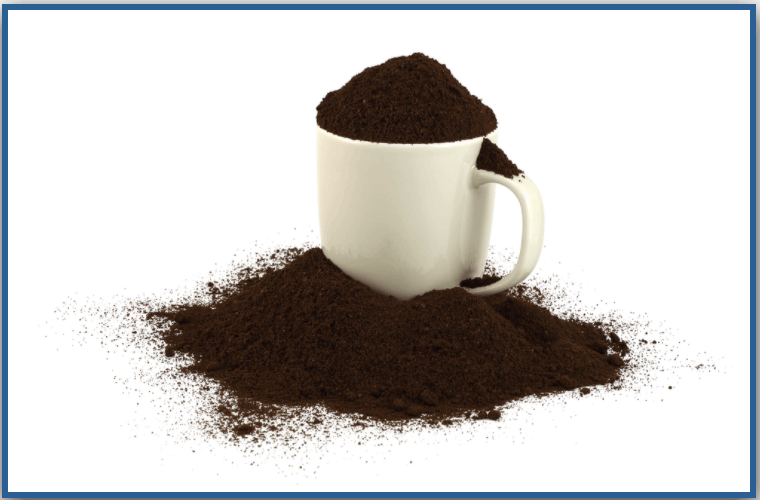
Is there an answer to the collagen clog?
—-Important Message From Our Sponsor—-
5 common foods that DISSOLVE men’s bones

Yes, they’re really that bad — AVOID these foods if you’re over 60
==> 5 foods to avoid for stronger bones
———-
Collagen is attacking penile tissues?
Collagen is the most abundant protein in the body. It makes up up to 35% of your body’s protein.
Collagen is concentrated in bones, tendons, ligaments, skin, and cartilage.
Cartilage is the protective, lubricating shield that surrounds your joints, preventing excruciating bone-on-bone contact.
Loss of cartilage leads to painful debilitating conditions like knee osteoarthritis.
Knee osteoarthritis is something increasingly common, and strongly associated with obesity.
Recent, high-tech imaging studies have shown that simply supplementing collagen helps to rebuild cartilage in people with knee osteoarthritis.

The human, randomized controlled trial was carried out at Tufts Medical Centre in Boston. The findings are published in the Journal of Osteoarthritis and Cartilage.
This research was intended to test new imaging technology.
This imaging technology was designed to accurately analyse the internal structure of cartilage.
Previous studies had indicated that collagen supplements could improve cartilage structure in humans…
But this new technology promised to give much better data.
The researchers recruited 30 people for the study. All the participants were 50 years or older, and had been suffering with osteoarthritis of the knee.
The participants underwent new, high-tech scans to look at the structure and density of knee cartilage.
Then they were randomly split into two different groups.
One group was given a collagen supplement.
This came in the form of the easily available collagen hydrolysate.
The researchers used a supplement called Fortigel, which has a number of inactive sweeteners mixed with the collagen.
The participants in the active trial group took a total of just 10g of collagen per day.
The other half of the participants were given an inactive placebo supplement.
“We carried out a single centre, randomised, placebo-controlled, double-blind, trial of collagen hydrolysate for osteoarthritis of the knee.”
All of the participants returned for two knee scans at the hospital over the course of the study.
These scans took place 6 months and then 11 months after beginning supplementation.
Rebuilding cartilage can take some time.
The researchers found significant improvements in two critical areas of knee cartilage.
These two areas are among the most problematic regions for people suffering with knee osteoarthritis.
“Cartilage improved in the medial and lateral tibial regions of interest in participants assigned to collagen hydrolysate.”
The opposite happened in the control group.
People who were taking the inactive placebo supplement showed further degeneration of their knee cartilage.
“Cartilage decreased in the placebo group.”
The differences were noticeable between the two groups when they returned for their first follow-up scan, six months after starting supplementation.
“Significant changes between the two groups were seen at 24 weeks.”
This new technology is probably the best way to assess cartilage health in living people.
The study shows that collagen supplementation helps to rebuild knee cartilage in people with osteoarthritis.
“Our technique was able to detect changes in knee cartilage among individuals taking collagen hydrolysate after 24 weeks.”
Collagen and gelatin are almost identical proteins. We used to eat a lot more of these anti-inflammatory foods.
Improvements in joint health are just one of the many benefits of adding some collagen or gelatin to your diet.
But what of scars and fibrosis, including penile fibrosis? Isn’t fibrosis made from collagen? Isn’t this destructive?
Yes, but…
Key point: Remember that collagen forms as scar tissue, or fibrosis, but when you take more orally, it does only good and does not contribute to scarring or fibrosis.
And probably the most convenient way to increase your collagen intake is to buy a powdered collagen hydrolysate supplement.
The benefit of this type of collagen is that it can be easily dissolved in liquid — even in cold water.
Just a few spoonfuls of collagen per day can significantly improve joint health over the long-term.
—-Important Message for Men Who Want More Collagen—-
Super C gets the body producing more collagen for stronger joints
Collagen is the brick and mortar that our bodies are built with.
It holds our cells together, and it provides the structure for fibrous tissue like ligaments and tendons.
And when you increase collagen production, you end up with better joints and better bones.
So how do you get more collagen? Well vitamin C helps…

But the problem with regular vitamin C is that it doesn’t stay in the body long enough to produce these health benefits…
That’s why I developed my very own Super C — it stays in the bloodstream for hours instead of minutes.
———-

https://www.oarsijournal.com/article/S1063-4584(11)00014-8/fulltext
